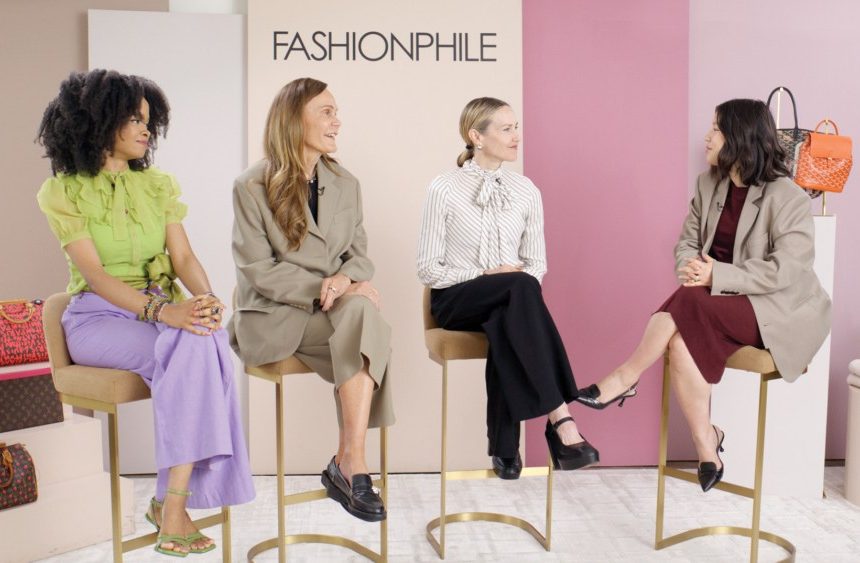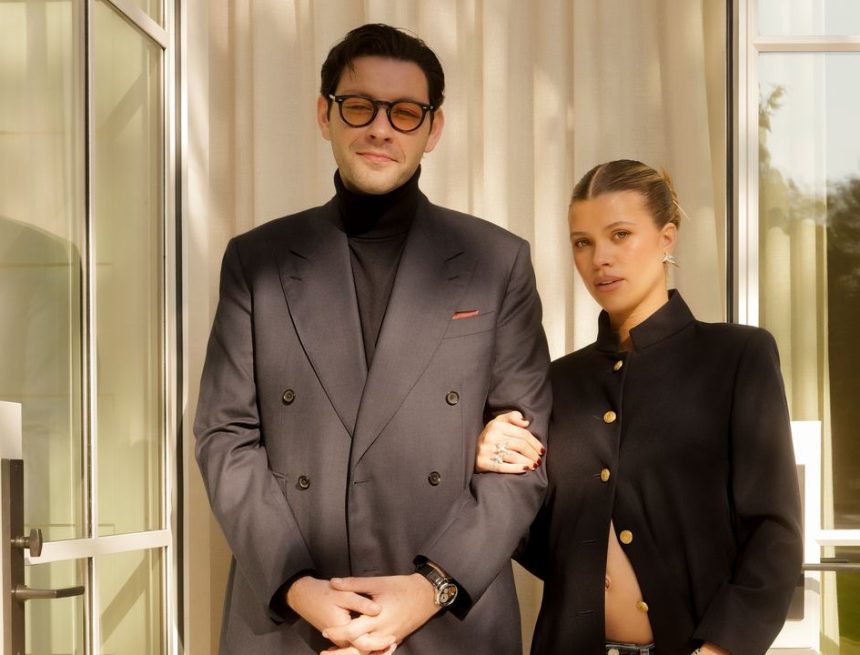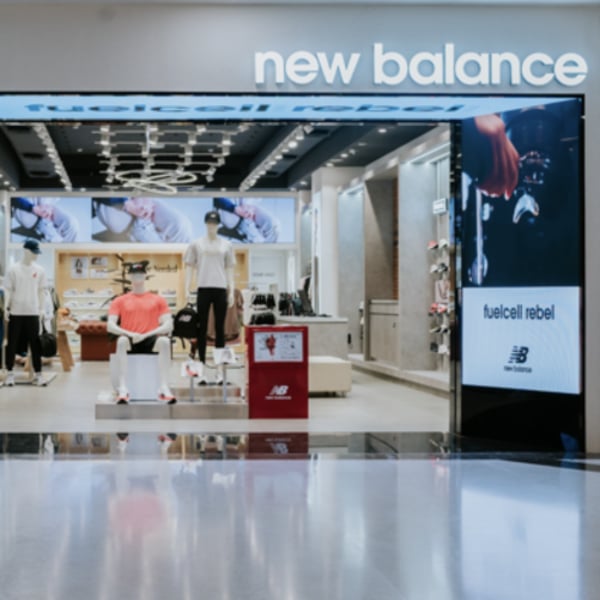As luxury brands have struggled with muted fashion sales over the last two years, one category has quietly kept rolling: luggage. Since the post-pandemic travel boom, weekenders, carry-ons and suitcases — once functional purchases — have become an extension of personal style for a broad range of consumers.
Legacy luxury players like Rimowa and Tumi continue to dominate the top end of the market. But as more brands pile into the lower end, competition is heating up. Even phone case brand Casetify has entered the market, with suitcases retailing at around $300. In the middle, brands with a premium price point and positioning are winning market share with clever innovations and elevated design.
The global luggage market grew 4.5% to $19 billion in 2024, driven by consumers’ increasing appreciation for experiences and travel post-pandemic, says Marguerite LeRolland, head of footwear and apparel at Euromonitor. “Like handbags, premium and luxury luggage has become an extension of the traveler’s style and is now a marker of status, wealth and identity. Hence a number of established brands are expanding into the space, and new players are entering it.”
Luggage and travel accessories have been “thriving” at retail, says Debbi Hartley-Triesch, executive VP and general merchandise manager of beauty, accessories and home at Nordstrom. “We are pleased with the trajectory over the past few years. We have expanded our selection of luggage to offer a broader range. Several years ago, we focused on traditional luggage with business travel in mind. Over the last few years, we have evolved our selection to meet customer needs. Luggage has become an extension of our customers’ fashion wardrobes and a reflection of their personal style.”
Many newer labels seem to be inspired by legacy players like 50-year-old label Tumi — acquired by Samsonite in 2016 — which has 1,700 retail touchpoints globally and high-profile ambassadors like F1 driver Lando Norris. Or German luggage label Rimowa — acquired by LVMH in 2016 — which was always a frontrunner when it came to design and innovation, introducing its popular four-wheel metal suitcase in 1996.
In 2017, LVMH placed group scion Alexandre Arnault at the helm of Rimowa. The young executive improved the brand’s cultural credibility, brokering collaborations with streetwear labels like Off-White and Supreme, and re-establishing luggage as a status item. Since 2021, current Rimowa CEO Hugues Bonnet-Masimbert has furthered this strategy. LVMH doesn’t break out revenues, but the label continues its “excellent momentum”, per the group’s fiscal 2024 earnings.


